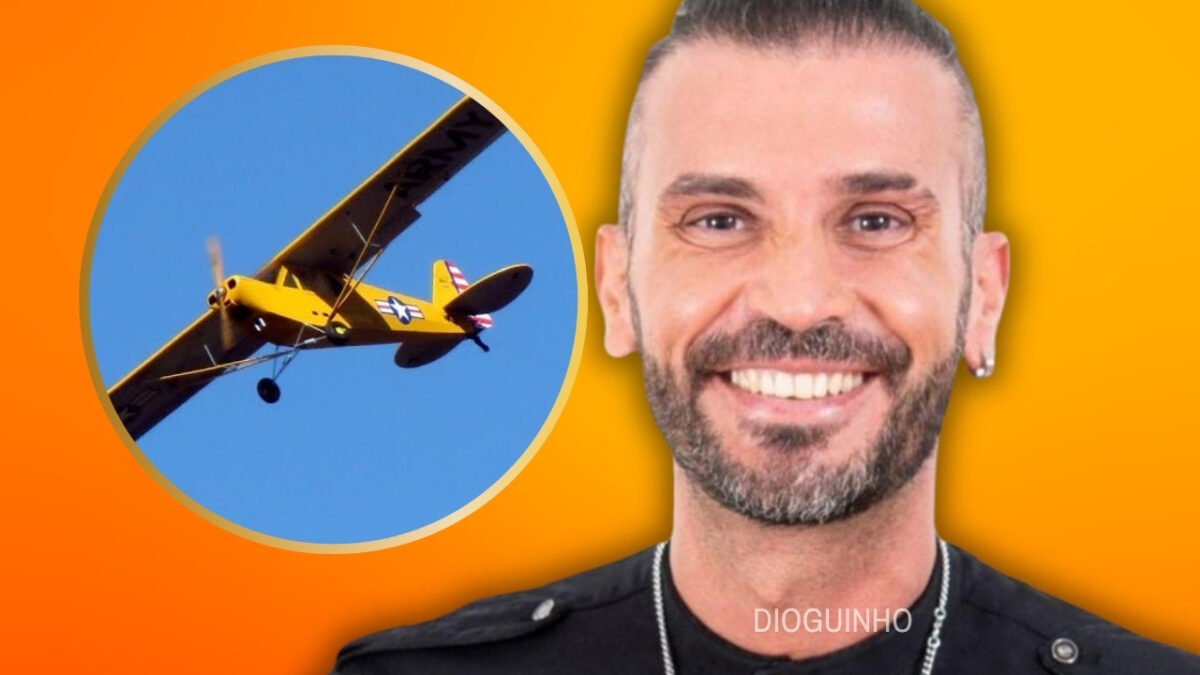In a shocking turn of events, rising golf star Grant Horvat has made headlines by refusing to participate in a PGA Tour event, igniting a fierce debate over the future of golf and its relationship with a new generation of players and fans. Horvat, a content creator who has captivated millions with his authentic storytelling, turned down a coveted sponsorship exemption from the PGA, prioritizing his genuine connection with his audience over the traditional allure of the tour.

This bold decision has sent shockwaves through the golf community, challenging the status quo and raising critical questions about the sport’s evolution. Why would a player reject the chance to compete on golf’s grandest stage? The answer lies in the growing rift between the old guard of golf and a new wave of players demanding creative freedom and authenticity. Horvat’s refusal to comply with the PGA’s restrictive media rules, which prevent players from sharing their journeys in real-time, is a clear stand against an outdated system that seeks to control the narrative.
Horvat’s rise to fame is a testament to the power of genuine connection. His videos, filled with raw, unfiltered moments and relatable content, have resonated with fans who crave something real amidst the polished veneer of traditional golf. By rejecting the PGA’s invitation, Horvat has become a symbol of a digital rebellion, forcing the sport to confront its own identity crisis. Can the PGA Tour adapt to this new landscape, or will it cling to its rigid control, risking irrelevance in a world that increasingly values transparency and personality?

As the tension escalates, whispers among other young players reveal a growing dissatisfaction with the PGA’s constraints. Many are beginning to question the old ways, inspired by Horvat’s courage to prioritize authenticity over corporate approval. The PGA’s attempts to tighten its grip only seem to amplify the rebellion, as players and fans alike rally behind the call for change.
This clash between tradition and innovation is more than just a personal decision for Horvat; it represents a pivotal moment for the future of golf. The power dynamics are shifting, and the PGA Tour must reckon with the reality that control without connection is a losing strategy. As more players embrace their own narratives and connect directly with fans, the old guard’s influence wanes, and a new era of golf emerges—one that is raw, real, and deeply rooted in community.
Horvat’s stand is not just about one missed tournament; it is a clarion call for a movement that demands respect for the bond between players and their audience. The implications of his decision will reverberate through the sport for years to come, as the battle for authenticity continues to unfold. The question now is: will the PGA Tour adapt to this change, or will it become a relic of the past? The future of golf hangs in the balance, and Grant Horvat has ignited a fire that cannot be extinguished.





